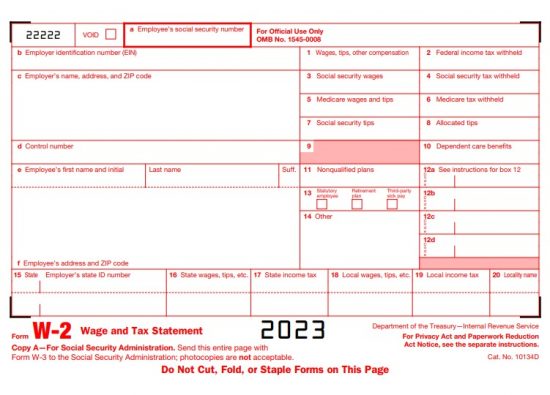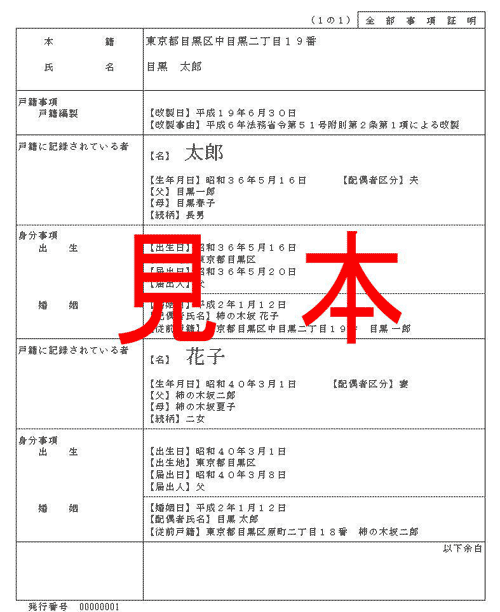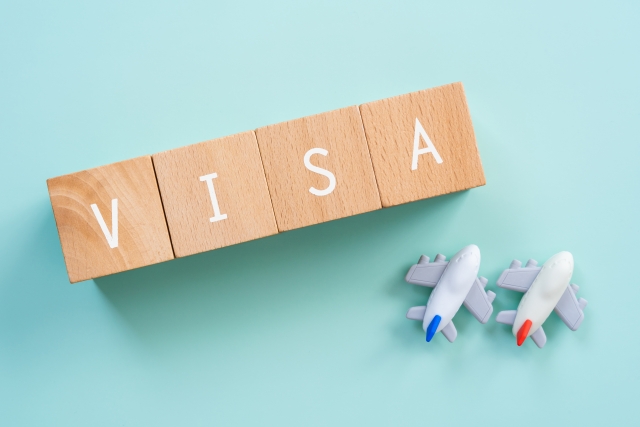ご夫婦ともに海外に在住、夫婦一緒に日本へ移住

ご夫婦ともに海外に在住の夫婦が一緒に日本へ移住(成功事例)
現在、ご夫婦でアメリカ合衆国にご在住中のAさまご夫婦(日本国籍とイギリス国籍)が、お仕事の都合などがあり、ご夫婦で日本で生活をすることになりました。ただし、イギリス国籍の配偶者のかたは、日本に上陸後も、引き続き、アメリカの勤務先の会社員を継続する予定です(その会社は全世界どこでもリモートでの勤務が可能なため)。
しかし、現在夫婦ともに海外に在住しているため、日本で配偶者ビザの準備をどのようにするかがわかりません。また、日本での住民票も無ければ、日本の役所が発行する収入を証明する書類もありません。
Couple living abroad move to Japan together (successful case)
Mr and Mrs A (Japanese and British nationals), who are currently living in the United States as a couple, have decided to live in Japan together to care for their Japanese wife’s parents, but the British spouse will continue to work for the company where he or she works in the United States after landing in Japan (because that company (as that company allows remote working anywhere in the world).
However, as both spouses are currently living abroad, they do not know how to prepare for the spouse visa in Japan. In addition, we do not have a certificate of residence in Japan, nor do we have any documents issued by the Japanese authorities to prove our income.
処方箋
ご夫婦ともに海外に居住しているので、日本での配偶者ビザの適切な申請方法を、原則は、ご夫婦の家族構成や親族構成などをもとに検討しなければなりません。日本でサインをしてくれる法令で認められた親族が必要になるためです。しかしながら、日本に居住し、ご夫婦のビザ申請を手伝ってくれる親族がいなかった(親族の方がご高齢等でお願いすることができなかった)ため、他の方法も検討しました。
また、日本人の配偶者等の在留資格には、原則、活動の制限が無いため、日本に上陸後にリモート勤務で米国企業の会社員を続きることができます。ただし、日本のでの税務申告や納税、社会保険への加入は適法適切に行うことには注意が必要です。
コンチネンタルでは、ご夫婦で短期滞在ビザで日本に渡航し、その後在留資格変更を行うという2ステップの手続きをご提案しました。入管法上、原則は短期滞在ビザからの在留資格は認められていないことや、短期滞在で滞在する90日の間に手続きが完了できるように(母国などでの)事前の準備を綿密に行うことについて助言をしました。
結果として、日本への短期滞在中、申請から約1ヶ月以内で無事、日本人の配偶者等の在留資格の許可をもらうことができました。今後は、可能な限り早いタイミングで配偶者ビザ→永住許可申請を行う予定です。
As both spouses reside abroad, the appropriate application for a spouse visa in Japan is considered based on the couple’s family structure.
This is because, according to the law, a relative who can be an inviting person in Japan is required. However, as the couple had no relatives living in Japan to assist them with their visa application (e.g. they were elderly and bedridden), we considered other methods.
In addition, as there are in principle no restrictions on activities under the status of spouse of a Japanese national, it is possible to continue as a company employee of a US company by working remotely after landing in Japan. However, care must be taken to ensure that tax reporting, tax payment and social insurance in Japan are carried out legally and appropriately.
Continental proposed a two-step procedure whereby the couple travelled to Japan on a temporary visitor visa and then changed their status of residence.
We advised them that, in principle, the Immigration Act does not permit a change of status of residence from a short-stay visa and that they should make detailed preparations in advance (e.g. in their home country) so that the procedure could be completed during the 90 days of their short-stay stay in Japan.
As a result, during her short stay in Japan, she was successfully granted status of residence as a spouse of a Japanese national within about one month of the application. In the future, we plan to apply for a spouse visa → permanent residency at the earliest possible date.









